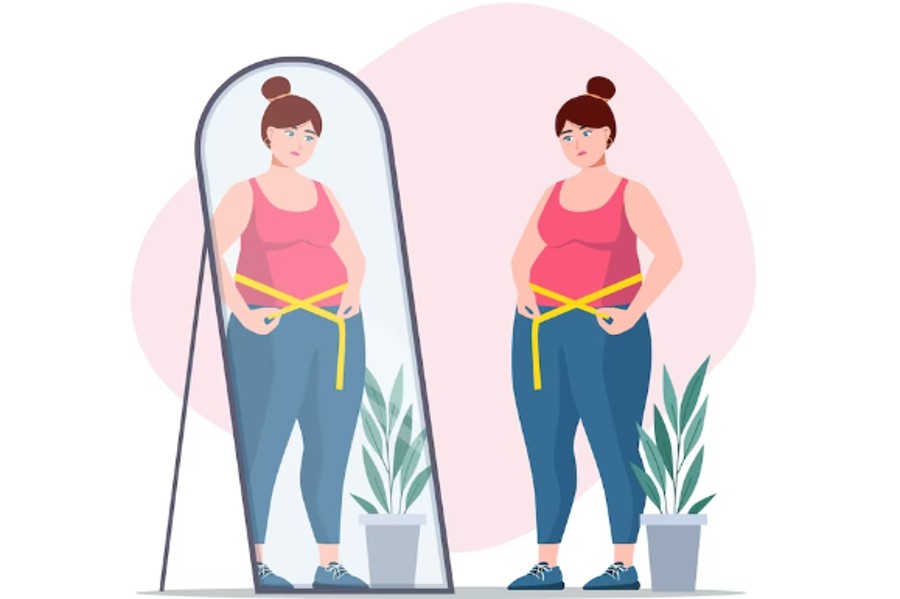The ketogenic diet, often referred to as the keto diet, has gained tremendous popularity in recent years as an effective method for weight loss and overall health improvement. This low-carb, high-fat diet has been praised for its ability to help people shed pounds and improve their overall well-being. However, embarking on a keto journey as a beginner can be a daunting task. This ultimate guide aims to provide you with comprehensive information on the keto diet, its principles, benefits, risks, and tips to help you get started on your journey to better health.
If you’re considering starting the keto diet as a beginner, here’s a step
-by-step guide to help you get started on your health journey.
1. Consult a Healthcare Professional
Before making any significant dietary changes, it’s crucial to consult with a healthcare professional, especially if you have any underlying medical conditions. They can provide guidance, ensure that the diet is safe for you, and monitor your progress.
2. Educate Yourself
Take the time to learn about the keto diet. Understand the principles behind it, the macronutrient breakdown, and how ketosis works. Knowledge is a powerful tool on your journey.
3. Plan Your Meals
Planning is essential for a successful keto journey. Create a meal plan that includes a variety of foods rich in healthy fats, lean protein, and low-carb vegetables. Planning can help you stay on track and avoid impulsive, high-carb choices.
4. Stock Your Kitchen
Clean out your kitchen of high-carb foods and stock up on keto-friendly ingredients. This will make it easier to stick to your meal plan and reduce temptations.
5. Track Your Macros
Use a food diary or a mobile app to track your macronutrient intake. This will help you stay within the recommended percentages of fats, proteins, and carbohydrates for the keto diet.
6. Monitor Ketosis
You can monitor your ketone levels using urine strips or a blood ketone meter. This will give you an idea of whether you’re in ketosis, which is the desired state for the diet.
7. Stay Hydrated
Proper hydration is essential on the keto diet. Aim to drink plenty of water throughout the day, and consider replenishing electrolytes to prevent dehydration.
8. Be Patient
As your body adapts to the keto diet, you may experience the keto flu or other temporary side effects. Be patient and give your body time to adjust. These symptoms usually subside within a week or two.
9. Monitor Your Health
Regularly monitor your overall health while on the keto diet. Pay attention to how you feel and consult your healthcare professional if you experience any concerning symptoms.
10. Adapt and Modify
The keto diet is not one-size-fits-all. You may need to modify it based on your individual needs, preferences, and goals. Some people find success with cyclical keto diets, targeted keto diets, or other variations.

